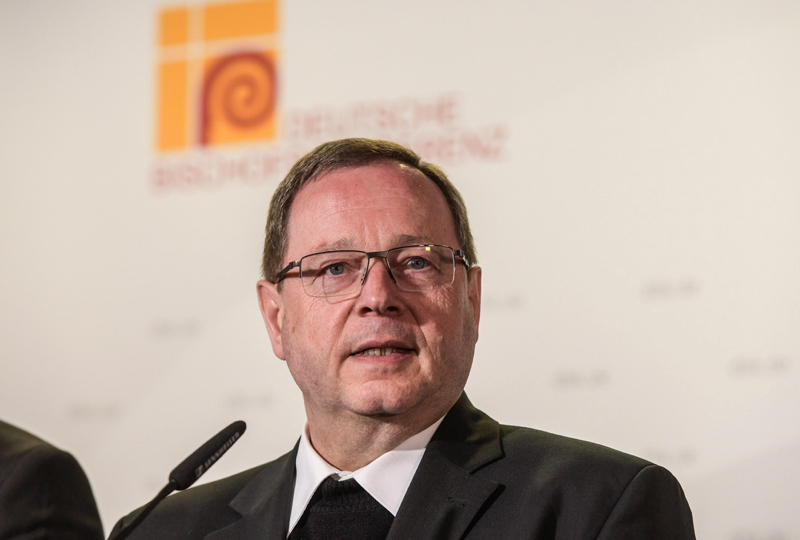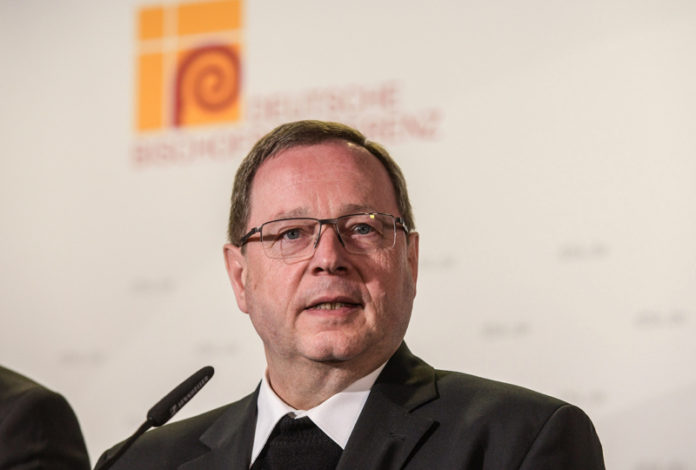
Bishop Georg Bätzing, president of the German bishops’ conference, has criticised the plans for gay blessings.
Alamy
More than 10,500 priests have signed a petition put together by a group of German Catholic priests who are against the Congregation for the Doctrine of the Faith’s “No” to blessings of gay couples in the 15 March responsum.
The number represents around one third of priests, whose numbers have declined inexorably from 58,534 in 1981 to 37,192 in 2015.
The priests announced that on 10 May they would publicly celebrate blessings for all couples who loved each other – especially gay couples. According to their website www.liebegewinnt.de (liebegewinnt means “love wins”), 93 parishes where such blessings will be held had registered by 2 May.
The German bishops’ conference has criticised the group’s plans for nationwide blessing ceremonies for gay couples. “Blessing ceremonies have their own particular theological and pastoral dignity. They are not instruments for church-political manifestations or protest campaigns,” conference president Bishop Georg Bätzing declared on 28 April. “Public campaigns like those planned for 10 May are not a helpful signal nor a way in the right direction,” he underlined.
A large banner with the words “God cannot bless sin. Roma locuta – causa finita” (God cannot bless sin – Rome has spoken – full stop) appeared on the roof of St Ruprecht, Vienna’s oldest church on 28 April. St Ruprecht had previously flown a rainbow flag in support of gay blessings.
The situation in the German Church was “ominous” Cardinal George Pell told EWTN on 27 April in Rome. “I think that there is a percentage of the German Church that seems to be resolutely heading in the wrong direction,” Pell said. It was the duty of the German bishops to uphold the teachings of the Church, he underlined.
“People’s nerves are in tatters, conversation has become rougher and, instead of discussing controversial issues, rigid opinions are colliding”, Fr Bernd Hagenkord SJ, the spiritual assistant of the German Synodal Path for church reform, told the Linz Kirchenzeitung of 29 April. He called for verbal “de-escalation”. While the majority of German Catholics were in favour of constructive discussion, extremists were quick to speak of schism. “The extremists are very loud and come above all from outside Germany”, he said.








